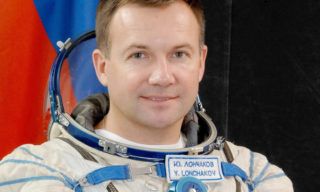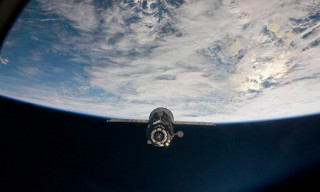Soviet radio electronic intelligence satellite Kosmos -1242 (Tselina-D) can enter the atmosphere on April 28, 2014, Aerospace Defense troops press-office representative Alexei Zolotukhin reports.
Earlier some mass media with reference to the American Space Tracking System reported about the possibility of satellite’s fall late this April.
According to the present data space device fragments will fall on the ground on April 28, 2014. Final time and place of the fall can change due to the external agents, – Zolotukhin reported.
According to RIA currently the satellite is on the near-Earth orbit with the following parameters: orbital period – 91 minutes, inclination – 81 degrees, apogee altitude – 331 km, perigee altitude – 320 km.
Kosmos-1242 space device of Soviet and Russian radio electronic intelligence system was orbited from Plesetsk spaceport with the help of Vostok-2M booster on January 21, 1981.
Tselina system developed by Yuzhnoye Design Bureau was aimed to register on ground radiotechnical means radiation in wide range of electromagnetic frequencies from space thus enabling to locate radio objects, determine their purposes, mode, characteristics and operation.



















